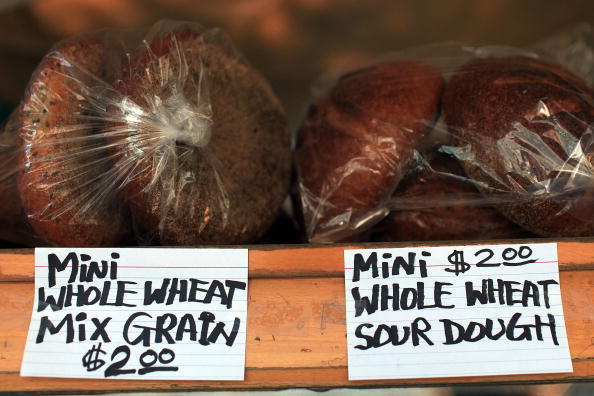
A study has found that replacing saturated fats in your diet with unsaturated fats and high-quality carbohydrates has a positive impact on your health. However, replacing saturated fats with processed foods, white bread, and potatoes is not a healthier diet.
The study, conducted at the Harvard T.H. Chan School of Public Health in Boston, MA, suggests that people have been reducing their intake of saturated fats, but are not replacing them with healthier options.
A group of more than 127,000 nurses and health professionals were selected from two other studies that started in 1976 and 1986. The participants were surveyed about their diet, lifestyle, medical history, and newly diagnosed diseases at the start of the study and then every 2 to 4 years for 24 to 30 years. The questionnaires how much and how often specific foods had been consumed in the previous year, including types of fat or oil used for frying, baking and at meals. Over that time, more than 7,600 incidents of coronary heart disease were reported.
The study distinguishes between the effects of polyunsaturated fat, monounsaturated fat, and carbohydrates from whole grains or refined starches and added sugars. It found that when participants removed calories from saturated fats from their diet, they tended to replace them with calories from white bread or potatoes, which are considered low-quality carbohydrates, instead of whole grain foods, which are high-quality carbohydrates.
The study found that the people who replaced 5% of the energy intake from saturated fats with the equivalent energy intake from polyunsaturated fats had a 25% lower risk of coronary heart disease. Those who replaced them with monounsaturated fats had a 15% lower risk of coronary heart disease, while those who replaced them with carbohydrates from whole grains reduced their risk by 9%. In contrast, replacing saturated fats with carbohydrates from refined starches or added sugar neither increased nor decreased the risk.
Saturated fats are usually from animal sources and are normally solid at room temperature. Healthier alternatives are polyunsaturated fats, such as olive, canola, peanut, safflower and sesame oil, or monounsaturated fats from soybean oil, corn, or sunflower oil.
